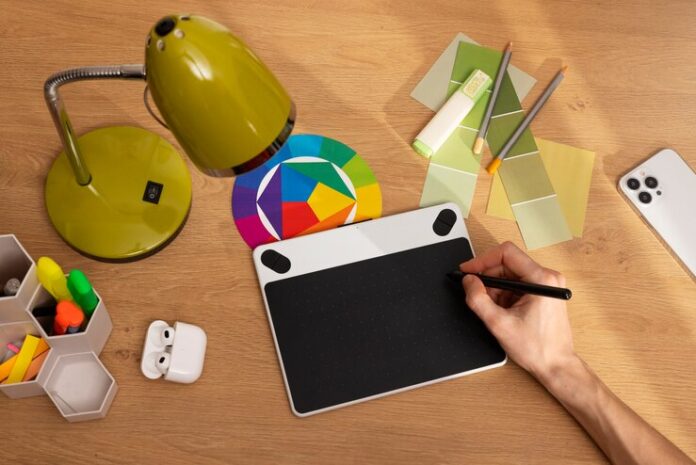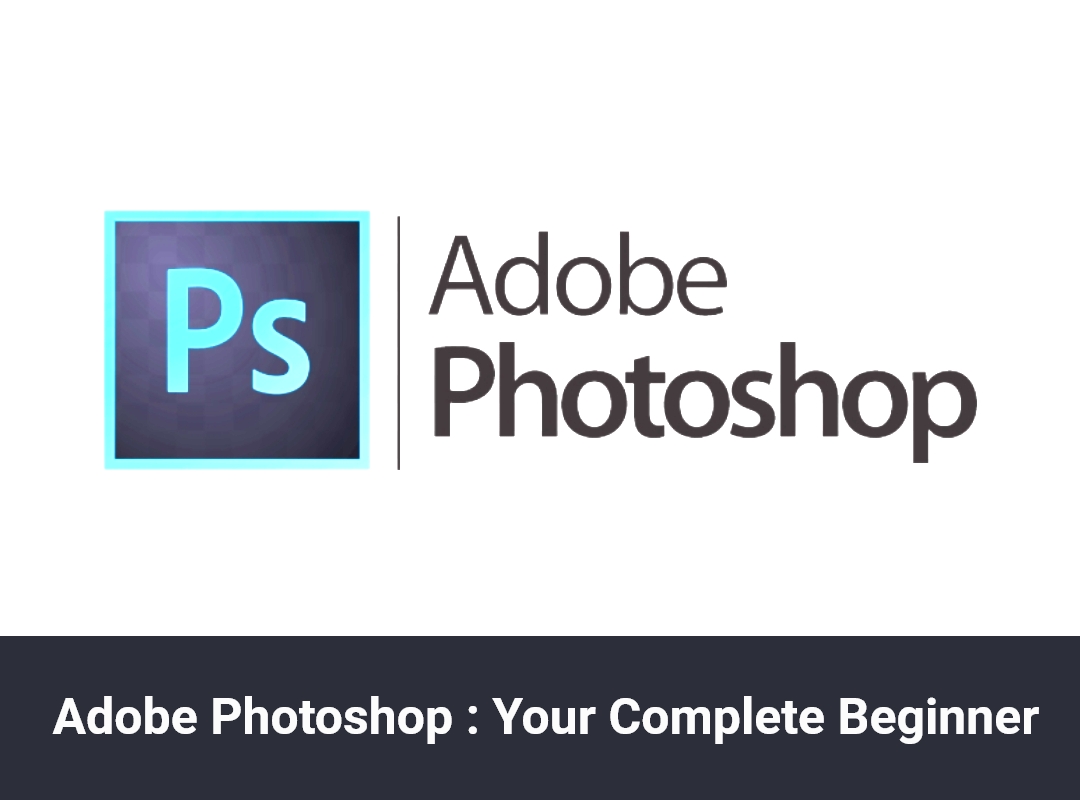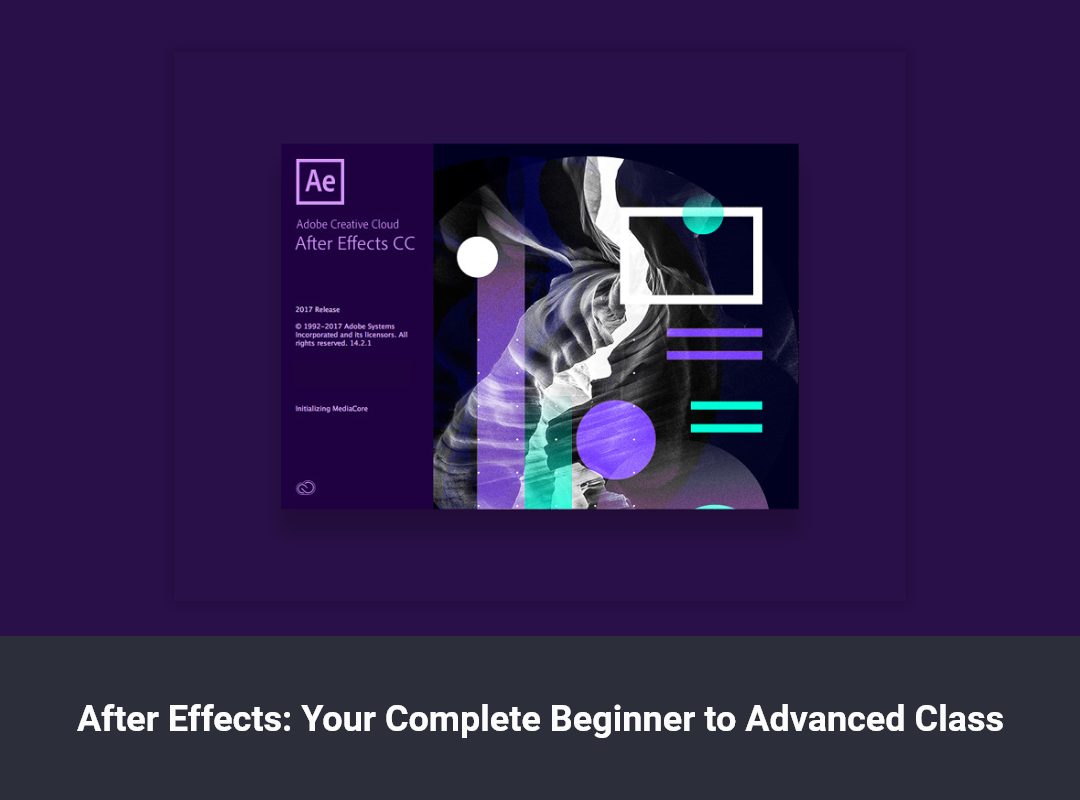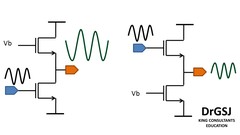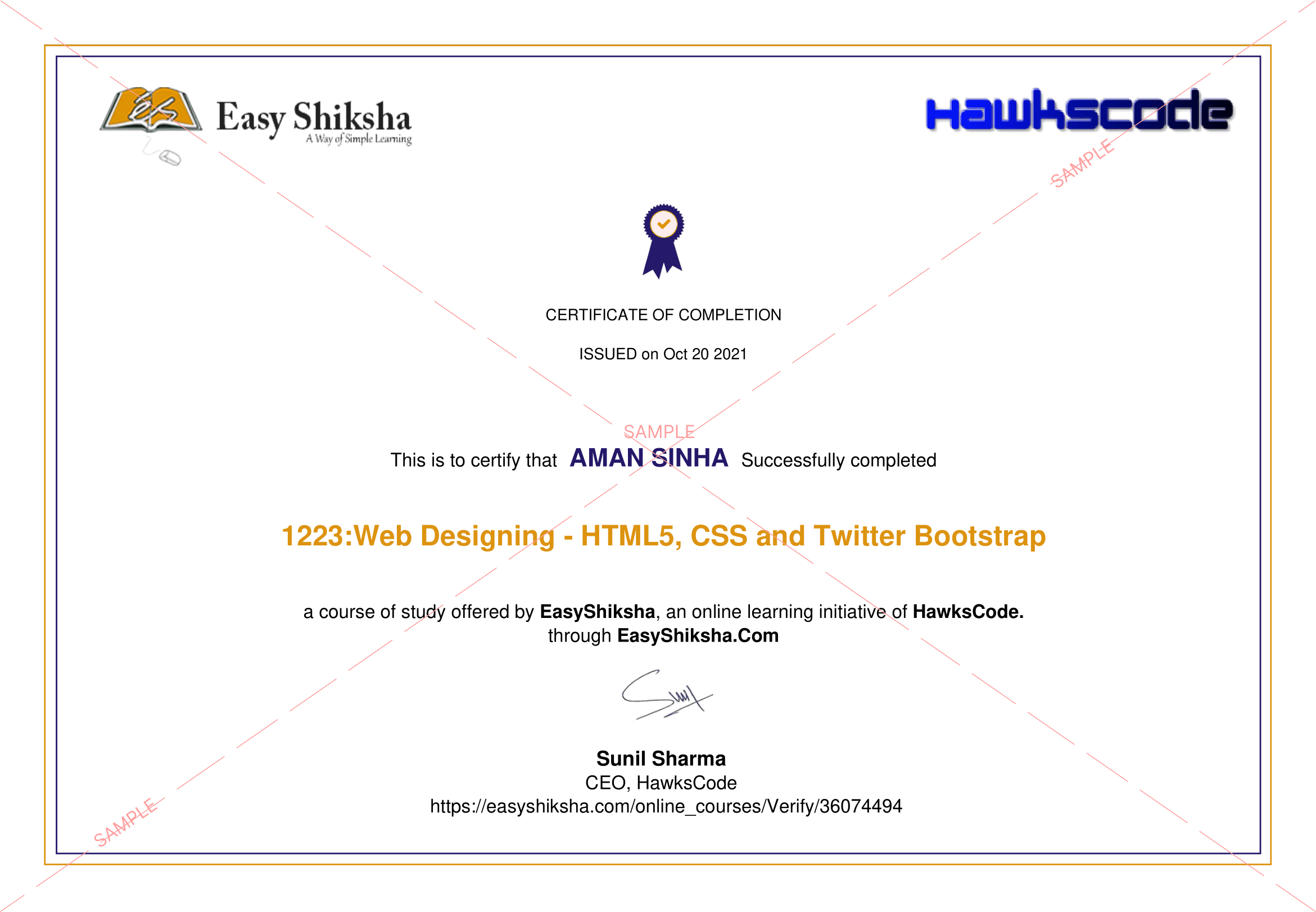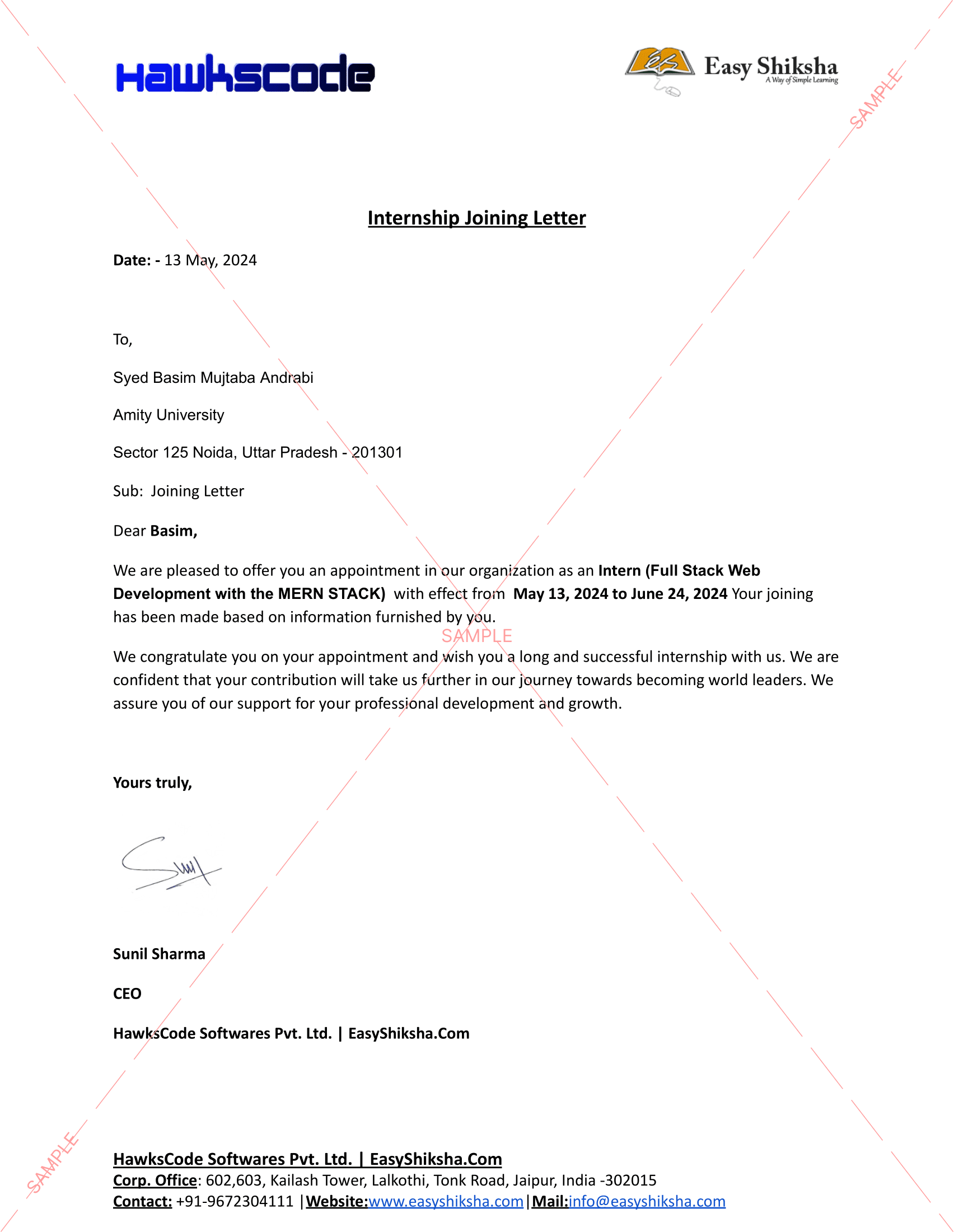In the ever-evolving digital landscape, the demand for skilled designers has skyrocketed. Businesses and organizations across industries are in constant need of professionals who can create visually appealing and functional designs that captivate their audience. One of the best ways to hone your design skills and stand out in the job market is to pursue a Design Tools Certification Course.
A Design Tools Certification Course equips you with the knowledge and expertise to utilize various design software and tools effectively. From mastering the Adobe Creative Cloud suite to exploring cutting-edge design platforms, these courses provide a comprehensive understanding of the tools and techniques that are essential for any aspiring designer.
However, with the abundance of options available, it can be challenging to identify the right Design Tools Certification Course that meets your needs and expectations. In this comprehensive article, we’ll explore the key features to look for in a top-tier Design Tools Certification Course, ensuring you make an informed decision that propels your design career forward.
Top Courses in Design
More Courses With Certification
What Are the Different Types of Design Tools Certification Courses?
Before delving into the specific features to consider, it’s important to understand the various types of Design Tools Certification Courses available. These courses can be categorized based on the design software or platforms they cover, as well as the level of expertise they cater to.
1. Adobe Creative Cloud Certification Courses
The Adobe Creative Cloud suite, which includes applications like Photoshop, Illustrator, InDesign, and Adobe XD, is a staple in the design industry. A Design Tools Certification Course focused on the Adobe Creative Cloud offers in-depth training on the effective utilization of these industry-leading design tools. These courses typically cover topics such as image manipulation, vector graphics creation, layout design, and user experience (UX) design, equipping you with the skills to excel in a wide range of design disciplines.
2. Specialty Design Tools Certification Courses
In addition to the Adobe Creative Cloud, there are numerous other design tools and software that have gained prominence in the industry. Specialty Design Tools Certification Courses focus on mastering the use of specific design platforms, such as Figma, Sketch, Canva, or Affinity Designer. These courses provide a deeper dive into the unique features and workflows of these design tools, catering to the needs of designers who prefer or specialize in using these applications.
3. Beginner-Friendly Design Tools Certification Courses
For individuals with little to no prior design experience, Beginner-Friendly Design Tools Certification Courses offer a great starting point. These courses are designed to introduce the fundamentals of design, including the principles of color theory, typography, composition, and layout. They also provide comprehensive training on the basic features and functionalities of popular design tools, making them an excellent choice for those looking to kickstart their design journey.
4. Advanced Design Tools Certification Courses
On the other hand, Advanced Design Tools Certification Courses cater to experienced designers who are seeking to enhance their skills and stay ahead of the curve. These courses delve deeper into the advanced features and techniques of design software, covering topics such as automation, workflow optimization, and cross-platform integration. They also often include training on emerging design trends, technologies, and industry best practices.
What Are the Key Features to Consider in a Design Tools Certification Course?
Now that you have a general understanding of the different types of Design Tools Certification Courses available, let’s dive into the key features you should look for to ensure you find the right course for your needs.
1. Comprehensive Curriculum
A top-tier Design Tools Certification Course should offer a comprehensive curriculum that covers a wide range of design tools and techniques. The course should provide a balanced mix of theoretical knowledge and practical, hands-on training, ensuring you gain a thorough understanding of the design software and its applications.
2. Hands-On, Project-Based Learning
Effective design education goes beyond passive learning; it requires a hands-on, project-based approach. The best Design Tools Certification Courses should provide ample opportunities for you to apply the concepts you’ve learned by working on practical design projects.
3. Industry-Relevant Curriculum
To ensure the relevance and marketability of your design skills, the Design Tools Certification Course should align its curriculum with the current industry trends and demands. This means the course should cover the most widely used and sought-after design tools, as well as emerging technologies and design practices.
4. Experienced and Knowledgeable Instructors
The quality of the instructors is a crucial factor in determining the effectiveness of a Design Tools Certification Course. Ideally, the course should be taught by industry professionals with extensive experience in design, as well as a proven track record of successfully imparting their knowledge to students.
5. Interactive and Engaging Learning Experience
A well-designed Design Tools Certification Course should offer an engaging and interactive learning experience, keeping you motivated and actively involved throughout the program.
This can be accomplished in a number of ways, including:
- Interactive tutorials and demonstrations
- Frequent tests and evaluations to strengthen your comprehension
- Opportunities for collaborative projects and peer-to-peer feedback
- Access to online communities, discussion forums, and mentorship programs
- Multimedia resources, including video lectures, animations, and design inspirations
By fostering an interactive and engaging learning environment, the course can help you retain the knowledge and skills more effectively, while also providing a supportive network of fellow designers and industry professionals.
6. Flexible and Accessible Learning Formats
In today’s fast-paced world, accessibility and flexibility are key considerations when choosing a Design Tools Certification Course. The best courses should offer a range of learning formats to cater to the diverse needs and preferences of students.
Additionally, the course should be accessible across multiple devices, from desktops and laptops to smartphones and tablets, enabling you to learn on-the-go and maintain continuity in your learning journey.
7. Certification and Career Support
A reputable Design Tools Certification Course should not only provide comprehensive training but also offer recognized certification upon successful completion. This certification can serve as a valuable credential that demonstrates your expertise and proficiency in the design tools covered in the course.
8. Continuous Learning and Updates
The design sector is always changing, with new tools, fashions, and methods appearing on a regular basis. A top-tier Design Tools Certification Course should not only provide a comprehensive initial training but also offer ongoing support and updates to ensure your skills remain relevant and valuable.
Important Announcement – EasyShiksha has now started Online Internship Program “Ab India Sikhega Ghar Se”
FAQ: Frequently Asked Questions
Q1. What is a Design Tools Certification Course? A Design Tools Certification Course is a specialized program that teaches the use of various design software and tools, providing certification upon successful completion. It covers essential and advanced features, practical applications, and industry-specific skills.
Q2. Why is it important to choose a course with a modular design? A modular design helps in organizing the learning process into manageable segments, allowing you to build foundational knowledge before advancing to more complex topics. It ensures a structured and comprehensive learning experience.
Q3. How do hands-on projects benefit my learning in a Design Tools Certification Course? Hands-on projects provide practical experience by allowing you to apply theoretical knowledge to real-world scenarios. They help build a portfolio of work, demonstrate your skills, and prepare you for industry challenges.
Q4. What role does instructor experience play in the quality of a Design Tools Certification Course? Instructor experience is crucial as it ensures that the course content is taught by knowledgeable professionals with practical industry experience. Experienced instructors can provide valuable insights, effective instruction, and relevant applications of design tools.
Related Article: Cybersecurity Courses and Internships: The Ultimate
Conclusion
Selecting the right Design Tools Certification Course is crucial for advancing your skills and career in design. By focusing on a course’s core curriculum, content structure, instructor qualifications, real-world applications, support and resources, and flexibility, you can make an informed decision that aligns with your professional goals. Investing time and effort into finding a high-quality certification course will pay off in enhancing your design skills and career prospects. For a range of top-notch design tools certification courses and more information, visit EasyShiksha.com.





































